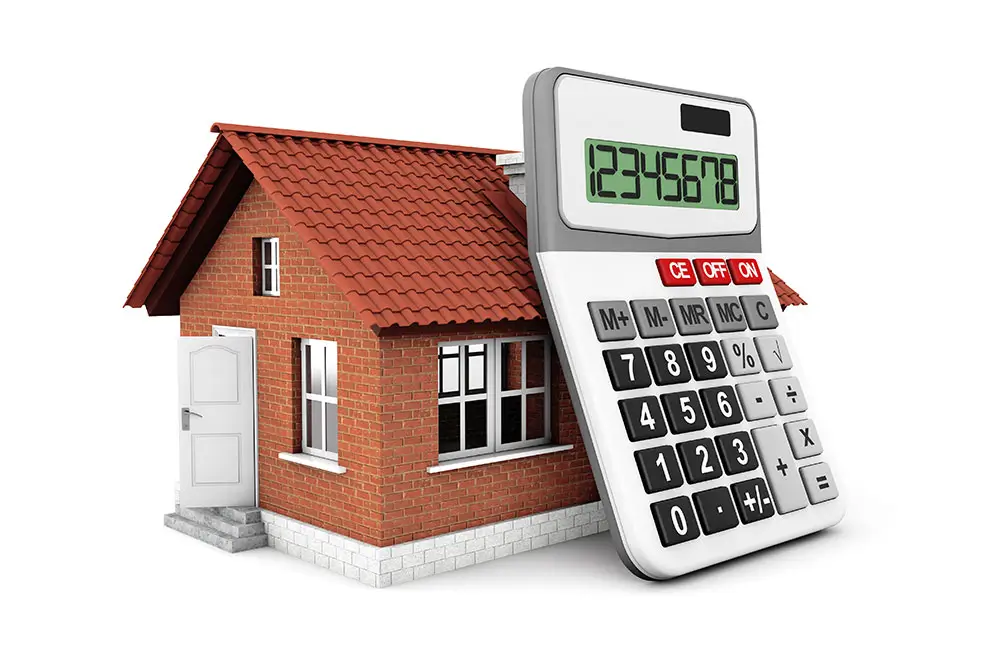The Process
Initial Agreement and Deposit
The agreement between a potential buyer and the seller sets the stage for the transaction. To ensure a smooth process, consider these tips:
- Keep detailed written records of all agreements, counter-offers, and addendums. We can assist with drafting these documents and providing copies to all parties.
- Stick to the agreed-upon timeline. Both you and the seller will have set deadlines for each stage of the closing process.
The Closing Agent
Once both parties have signed the agreement, a title company or attorney will act as the closing agent (also known as escrow). This neutral third party will hold, receive, and distribute all funds until the transaction is complete. The closing agent will also conduct a title search to ensure there are no outstanding issues with the property’s title. Before closing, all contingencies from the Purchase Agreement must be met.
How to Hold Title
There are various ways to hold the title to a property, each with different implications for ownership, financing, and taxes. It’s important to consult with a tax advisor or attorney to determine the best option for your situation. We can help connect you with trusted professionals who can assist with this process.
Inspections
As part of the contingencies in the Purchase Agreement, a licensed property inspector will assess the property’s condition. It’s a good idea to have specialized inspectors, such as for the roof or plumbing, if you want a more in-depth evaluation. For commercial properties, additional inspections such as environmental audits or soil tests may be required. If any issues are uncovered, you can negotiate the terms of the contract, such as the price. Once you’re satisfied with the inspections, the contingencies can be removed.
Appraisals and Lending
Stay in close contact with your lender to ensure that all required documents for loan approval are submitted on time. If the agreement is contingent on financing, the lender will order an appraisal by a licensed appraiser. The appraiser will determine the fair market value of the property based on factors like square footage, condition, and location. It's a good idea to check with your lender two weeks before closing to confirm everything is on track.
Association Approval
If the property is part of a community with an association, you may need the association’s approval before you can complete the purchase. Be sure to request all necessary documents from the seller, including rules and regulations. The Purchase Agreement will specify the time frame for submitting paperwork or arranging meetings for association approval. Once accepted, the closing agent will record the approval with the deed in the county records.
Property Insurance
While property insurance isn’t always required by law, most mortgage lenders will require coverage to protect your investment. Basic property insurance will protect against damages like fire, theft, and certain weather events. Depending on whether you plan to live in the home or rent it out, you may need homeowners insurance or landlord insurance. Make sure you have the proper coverage in place before closing.
When you're ready to start, give us a call at (928) 848-1188 or complete this short form, and one of our agents will be in touch.
Get In Touch
Tips for Buying the Perfect Home in Prescott

Don’t Stretch Your Budget Too Thin
While it’s great to be approved for a specific loan amount, it’s wise not to spend the full amount on the home’s sale price. Be sure to leave room in your budget for closing costs, taxes, and any potential repairs or updates you might want to make once you move in.

Get To Know The Area
Make sure the neighborhood fits your lifestyle. Is it close to schools? Is shopping conveniently located? Location is one of the few things about a home that can’t be changed, so it’s important to make sure it aligns with your needs and long-term plans.

Don’t Skip The Inspection
A home inspection is one of the best investments you can make. It will uncover any hidden issues that might not be visible during a casual walkthrough. This gives you peace of mind and helps you make a more informed decision about your purchase.

Get Pre-Approved
Getting pre-approved by a lender shows sellers that you’re serious about buying and ready to make a move. It also helps you better understand your budget, so you’re not wasting time on homes outside of your price range. Check out our list of trusted lenders here.

Make a List of Deal Breakers
It’s important to know what features are non-negotiable for you and what you can live without. Can a simple remodel fix some issues, or are there major changes required? For example, if you need four bedrooms, don’t settle for a two-bedroom home that would require a costly addition.

Check The Age Of Appliances And Major Systems
Some of the most expensive parts of a home are the appliances, HVAC system, hot water heater, septic/well, and roof. Be sure to check the age of these systems and whether they’ve been well-maintained. You might even be able to negotiate a home warranty to cover these systems after you move in.

Understand HOA Requirements
Many neighborhoods have homeowner associations (HOAs) with rules about what you can and can’t do with your property. Make sure you’re familiar with the HOA’s regulations and any associated fees, which are typically listed as annual costs.






